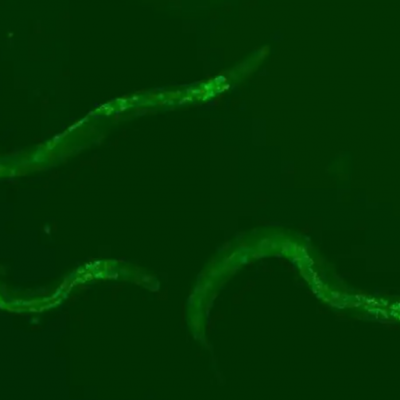Trigonellin (TG), a plant alkaloid found in coffee, has been found to significantly improve the memory performance of mice. If this effect is also present in humans, it could slow down age-related cognitive decline. Neurodegenerative diseases such as Alzheimer’s and age-related cognitive decline are affecting more and more people. As a result, research is looking for natural substances that promote healthy aging and counteract symptoms. Researchers at the National University of Seoul recently discovered that the natural substance Rhizolutin found in ginseng can dissolve Alzheimer’s plaques and may therefore help in the treatment of Alzheimer’s. Studies have also provided evidence that the plant alkaloid Trigonellin (TG) can improve cognitive abilities. TG is found in coffee, fenugreek seeds, and radishes, among other things. Researchers at the University of Tsukuba have now investigated whether TG affects memory and spatial learning. The study combined cognitive and molecular biological perspectives and used mice.
According to the publication in the journal GeroScience, the scientists orally administered TG to the mice. Subsequently, the animals showed significantly better results in spatial learning and memory performance in the Morris water maze test than mice that did not receive the plant alkaloid. The researchers then conducted an analysis of the hippocampus, a part of the brain where different sensory systems converge, to investigate the molecular mechanisms. They found that signaling pathways related to the development of the nervous system, mitochondrial function, ATP synthesis, inflammation, autophagy, and neurotransmitter release differed significantly between the two groups. These findings suggest the effectiveness of TG in preventing and improving age-related impairments in spatial learning and memory. Further studies are needed to determine whether the effect also occurs in humans.
In conclusion, the discovery of the potential benefits of Trigonellin (TG) in improving memory and spatial learning is a significant development in the field of cognitive research. The study’s findings provide hope for the development of natural substances that can promote healthy aging and counteract the symptoms of neurodegenerative diseases. However, further research is needed to determine the effectiveness of TG in humans.










